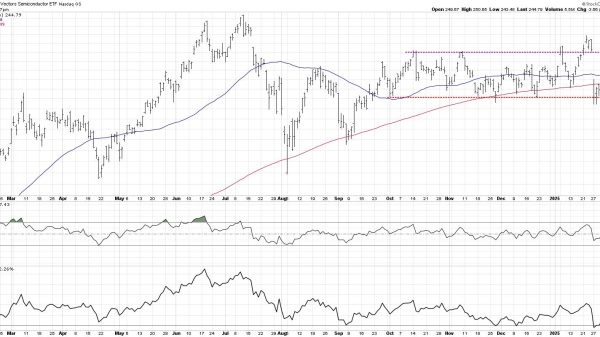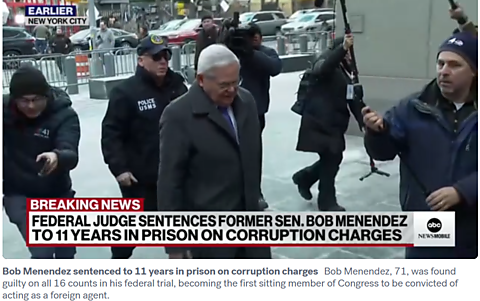Matthew Cavedon
In 1995, when petitioner Holsey Ellingburg, Jr., robbed a bank, federal criminal restitution was governed by the Victim and Witness Protection Act (VWPA). The VWPA provided that a defendant’s liability to pay restitution ended twenty years after the entry of judgment. Then, in 1996, Congress enacted the Mandatory Victim Restitution Act (MVRA), which extended the liability period to twenty years after a defendant’s release from imprisonment and required that restitution include interest. The MVRA’s drafters apparently anticipated the possibility that its retroactive application might violate the Constitution’s Ex Post Facto Clause: Congress explicitly made the Act retroactive only “to the extent constitutionally permissible.”
The issue in this case is whether that concern was correct.
Holsey Ellingburg’s sentence included just shy of 27 years’ imprisonment and $7,567.25 in restitution. He paid $2,054.04 toward this during the twenty years authorized by the VWPA. In the past three years, he has returned to society, living with his fiancée and trying to make ends meet. However, his probation officer maintains that he still has to make $100 monthly restitution payments, and the government says he now owes $13,476.01 total—almost twice as much as his sentence originally imposed and far more than he owed at the close of the VWPA restitution period.
Ellingburg sought judicial relief. The district court held that the MVRA’s extension of the restitution period did not increase his punishment. The Eighth Circuit instead applied its own precedent holding that criminal restitution is not subject to the Ex Post Facto Clause at all because it is a civil remedy rather than a criminal punishment. Two of the three panel members wrote a concurring opinion criticizing this precedent, but the Eighth Circuit denied rehearing en banc.
After the Supreme Court granted Ellingburg’s cert petition, the government decided not to defend the Eighth Circuit’s decision and to instead file a brief in support of Ellingburg. Cato and the Fines and Fees Justice Center are pleased to file a brief that joins the parties in asking the Court to vacate the decision.
Criminal restitution is punishment under the Court’s modern precedent. Historical authorities support this conclusion. While those are adequate reasons to rule in Ellingburg’s favor, the Court should also revive a broader understanding of what qualifies as criminal punishment more broadly, revisiting issues like sex-offender registration, monetary penalties, and civil asset forfeiture.
























